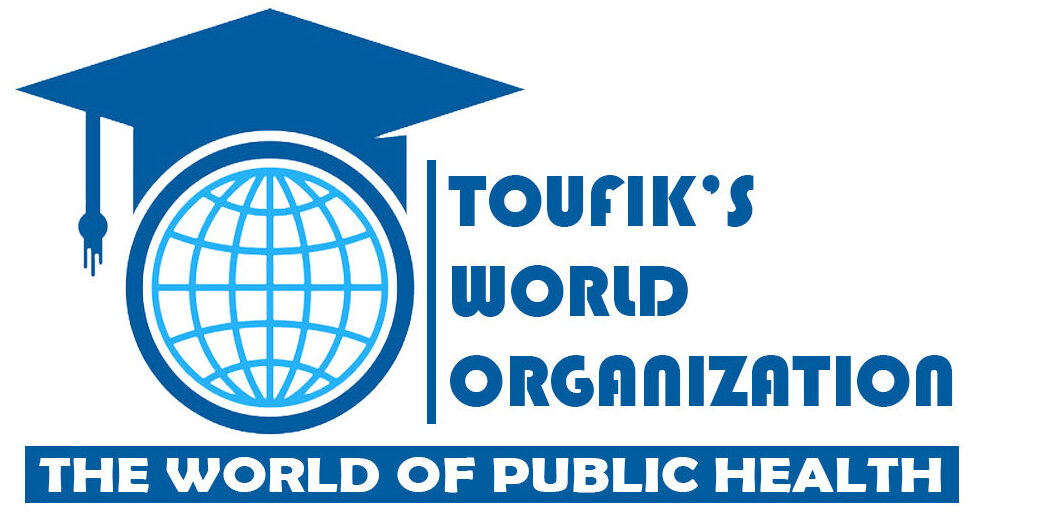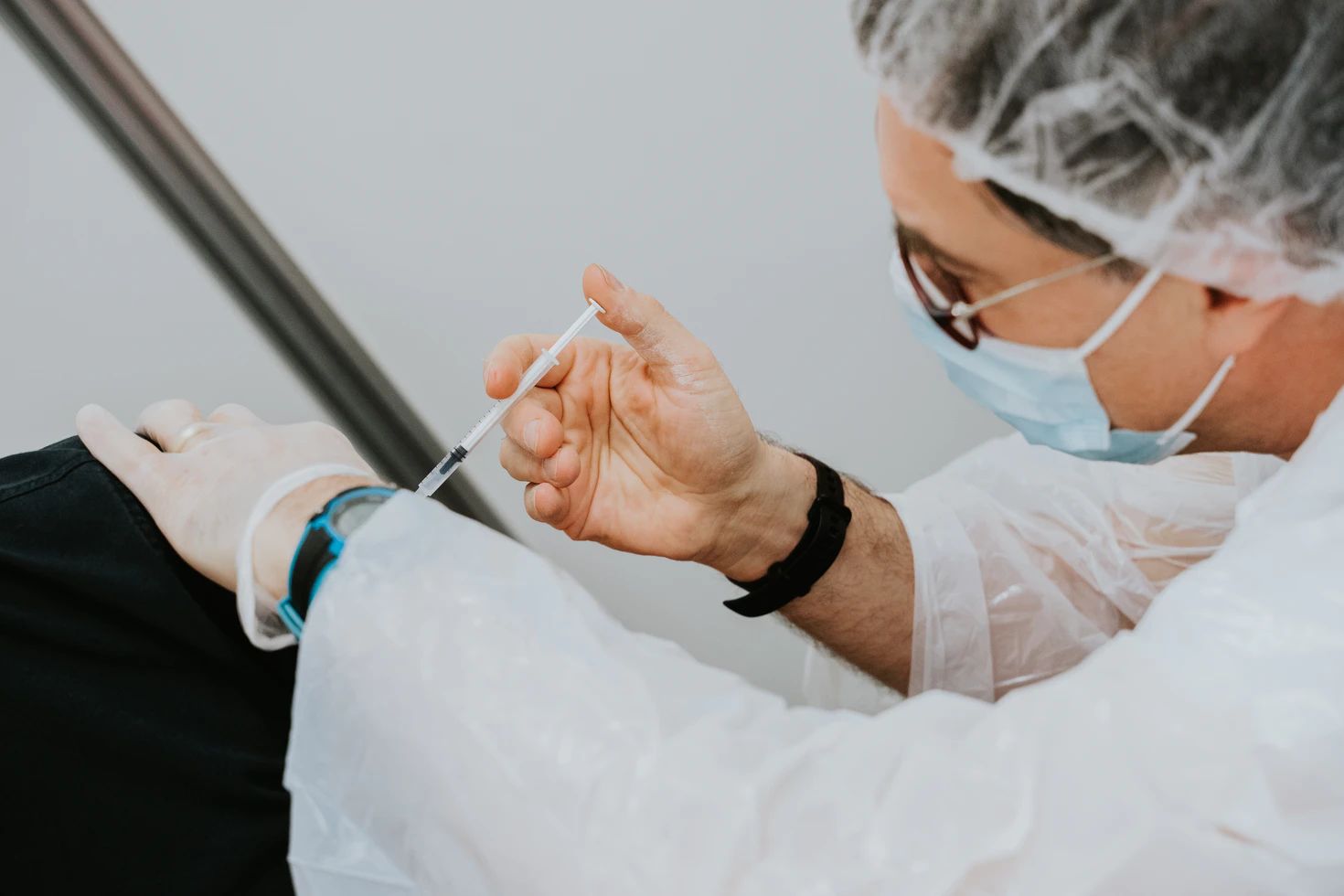Credit: Unsplash
This article was written for Toufik’s Guide Magazine by Nyasha Essy Nyahwai. Statements or opinions expressed in this content strictly reflect the views of the author and not that of Magazine’s.
I’ve been watching how people around me, as well as the rest of the world, have reacted to the Covid-19 vaccine, and it hasn’t been positive. While there have always been people who are opposed to vaccination in general, known colloquially as “antivaxers,” many people who have never questioned the vaccines they received throughout their lives are now opposed to the Covid-19 vaccination. Why do people accept and even appreciate other vaccines but not this one? To understand why the vaccine is being rejected, I believe it is necessary to first understand the impact Covid-19 had on people.
The manner in which the outbreak and pandemic were announced to us was chaotic. There has been a lot of controversy, ranging from how the outbreak began to Dr. Fauci’s emails, who was the face of the Covid-19 response, and conspiracy theories about Bill Gates, among many others. On the internet, it appeared that there was a greater emphasis on the conspiracies and less concern about the disease and how to stop its spread. I believe that, while many people have lost their lives and/or livelihoods, there are still a large number of people who were not as severely affected and, for some reason, still see Covid-19 as either a conspiracy or a non-threatening disease that is merely inconvenient and thus not to be concerned about.
When it comes to overcoming the challenges associated with vaccination, the current solution has been to require people to either receive the vaccination or be subjected to regular testing. In theory, this could be useful for those who are simply hesitant or indifferent, as well as those whose jobs require them to use public transportation or travel. However, there has been a backlash in Ukraine against the mandates, with people protesting that they have the right to move freely and that the government has no right to withhold people’s salaries. In addition, the number of forged certificates has increased. Only 17.1 percent of the Ukrainian population is fully vaccinated, AP reported.
People are not getting vaccinated because of religious beliefs or skepticism. The controversies that overshadowed the information about the disease’s danger planted the seed for this skepticism. I believe that forcing people to take the vaccine will result in more backlash than benefits because people are scared and concerned, not about the disease, but about being taken advantage of by “big-pharma.” It is necessary to appeal to people’s emotions because they are fueling and perpetuating vaccine hesitancy. Moreover, it might also be effective to educate the religious leaders on the vaccines and convince them to accept it so that they may share the knowledge with their congregations.
When the words vaccine, covid-19, or coronavirus are mentioned, a plethora of information becomes available. The issue is not that people are ignorant, but rather that they are misinformed. This is why I believe it is critical to use large platforms to create a space for open and unbiased discussion about vaccination. For example, something akin to press conferences, where people can express their concerns and have them addressed live on television. The manner in which these concerns are addressed is critical. It is critical that no one feels patronized, belittled, or dismissed. They need to believe that those pushing for the vaccine genuinely care and have good intentions, because this is the main source of skepticism right now. Myths, concerns, and conspiracies must be confirmed or debunked in an informative, easy-to-understand, unbiased, and non-condescending manner.
Many of the concerns are legitimate. People are concerned, for example, that the vaccine was developed too quickly and that it is the first mRNA vaccine to be approved for human use. This is the foundation of the conspiracy theory about the vaccine changing our DNA. An mRNA vaccine contains an encoded molecule of messenger RNA that can be used as a template by our own immune cells to build a protein (called an antigen) that would normally be found on the surface of the covid-19 virus. This teaches our immune system to fight against particles containing this specific protein, namely covid-19. Because of the involvement of RNA, there has been widespread misinformation that the vaccine is capable of altering our DNA; however, the mRNA is destroyed after it encodes for the protein, before it can reach our cytosolic DNA. Also, there is apprehension about unstudied side effects. Furthermore, prior drug trials on pathogens other than Covid-19 were ineffective and had to be abandoned in the early stages of the trials, according to Wikipedia. The reason why the new mRNA vaccines are the only ones that have proven to be effective is unknown. It is therefore important to educate people on vaccines to clear their misconceptions about them. This can be achieved by public health programs where people can go to schools and companies to personally educate people.
Vaccine hesitancy is a serious issue that must be handled with extreme caution because it is difficult to predict how people will react or receive any potential solutions. Perhaps the most difficult challenge is that people have lost trust in the government and pharmaceutical companies, and the solution may be to find a way to regain that trust and faith.
About the Author
Nyasha Essy Nyahwai is a 3rd year medical student at Sumy State University in Ukraine and a member of Toufik’s world medical association. She has a love for all things medicine related as well as behavioral psychology due to her fascination with the way people think and why they do what they do. She aspires to join research teams, write more articles and learn as much as possible to sharpen her skills so she can maximize her ability to help people and make a positive impact in the medical field and her community.

